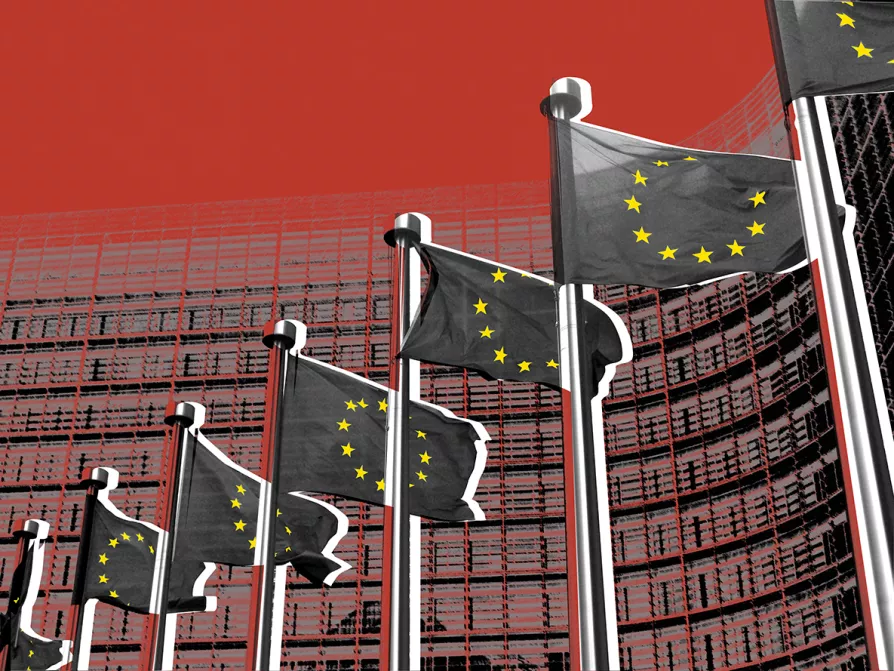
In Britain we may have election fever but Europe is going to the polls too — with the far right predicted to do well across the continent in elections to the European Parliament from June 6-9.
With our sister papers Junge Welt of Germany and Arbejderen of Denmark, we compiled a series of articles looking at the nature of the far-right threat across different European countries, of which this is the sixth. We would like to thank Junge Welt for organising the series and translation.
SUPPORT for the Alternative for Germany (AfD) has roughly doubled since the 2021 general election. From 10 per cent in the last national elections, it has grown to 18-19 per cent in the polls and has held second place in voter favourability for many months, behind the conservatives. It is also predicted to make significant gains in the EU elections on June 9, meaning it could rise from 11 per cent in 2019 to 19 per cent.
This development is remarkable insofar as the AfD has undergone a further radicalisation push during this time and has largely developed into a party of the extreme right with clear borrowings from fascist ideological elements.
While numerous other parties of this type, such as Franceʼs Rassemblement National or the Fratelli dʼItalia, have at least partially shifted to the political centre to appeal to broad groups of voters, the AfD has so far taken the opposite approach. Its European lead candidate Maximilian Krah, for example, has announced that there will be no “Melonisation” within the AfD.













